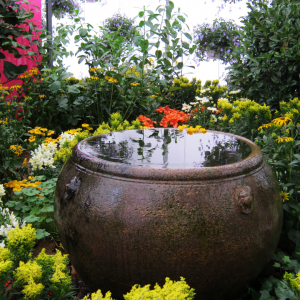
There is a world of hurt
behind those eyes,
unshed words
that threaten to spill over
When did we lose each other
to misunderstandings
misapprehensions
mistakes?
How has what should be love
transformed
into anger, recrimination,
and regret?
Is there no way back?
Is there no way to bridge
this chasm between
what used to be ‘us’
and what is
‘you’ and ‘me’ now?
Perhaps a word,
an acknowledgment,
an understanding
could mend
that which seems irreparable right now
Perhaps that word is ‘sorry’
perhaps it is
love.






